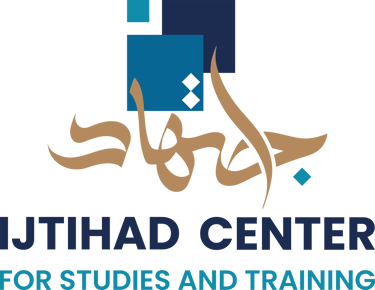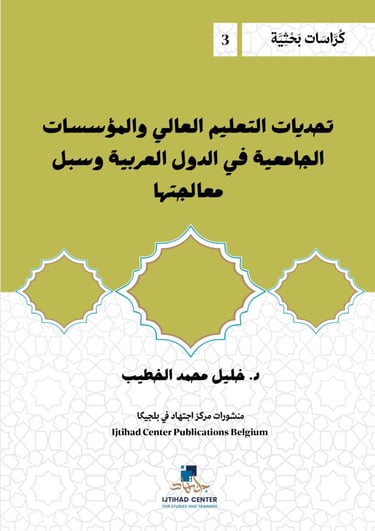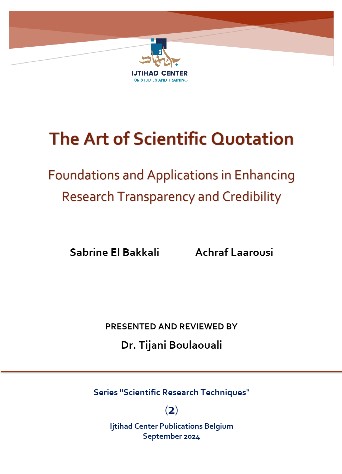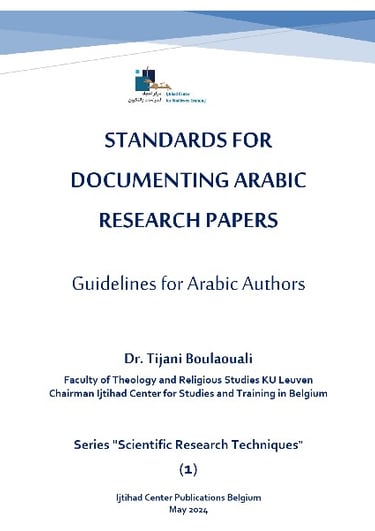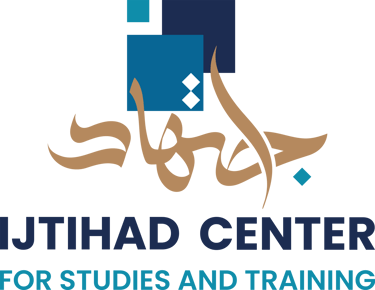Arab societies, like many others, face complex and escalating challenges in the third millennium, including globalization, technological change, weak knowledge production, human development deficits, political instability, and social unrest. These challenges have been exacerbated by the COVID-19 pandemic, deepening the crises in already vulnerable regions. Arab higher education systems, in particular, are under pressure from shifting labor markets, the rise of non-traditional learning platforms, and the risk of losing academic autonomy. Universities are often criticized for focusing on quantity over quality, treating education as a diploma-producing process rather than a transformative experience. To address these multifaceted challenges, Arab universities must adopt a forward-looking, evidence-based, and strategic approach. This involves flexible policies, data-driven decision-making, and partnerships with the private sector to ensure relevance and sustainability. Innovation, adaptability, and a commitment to educational quality are essential if higher education institutions are to remain relevant and contribute meaningfully to development in the Arab world.
